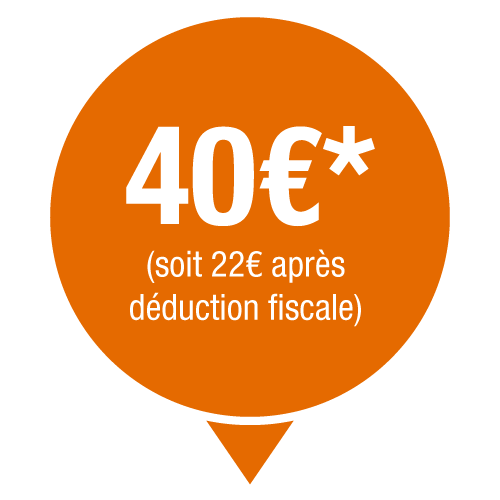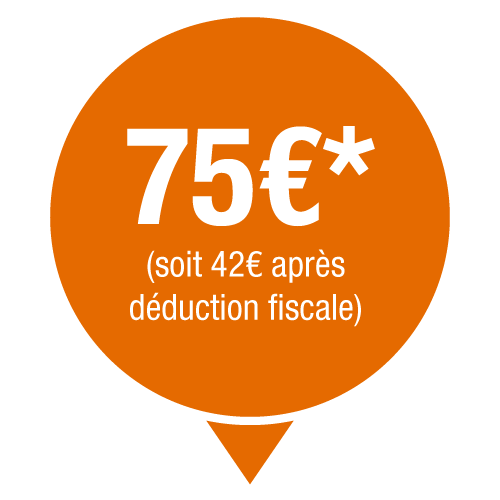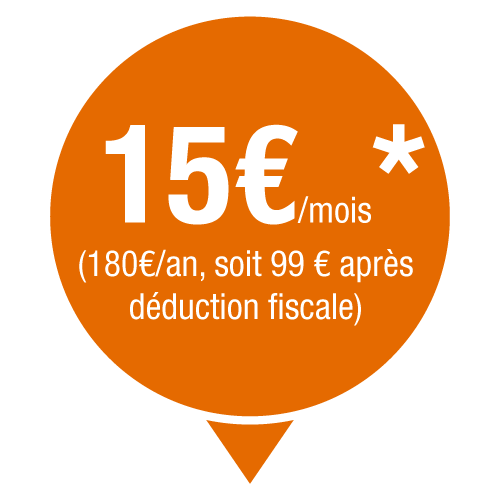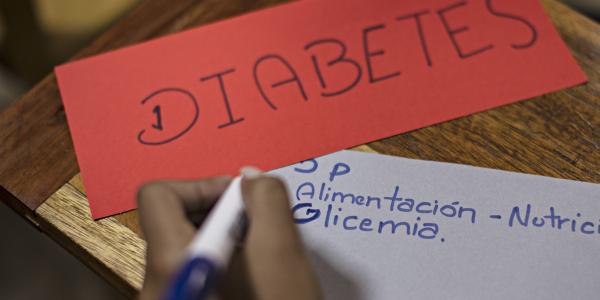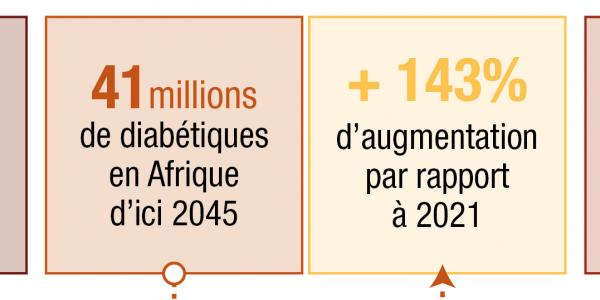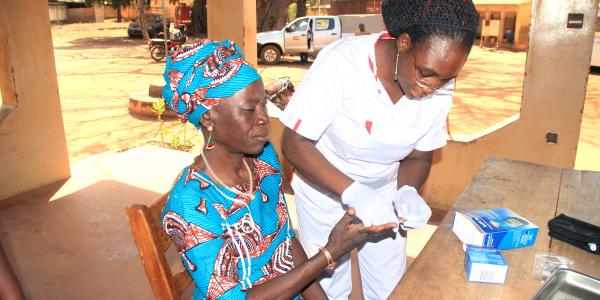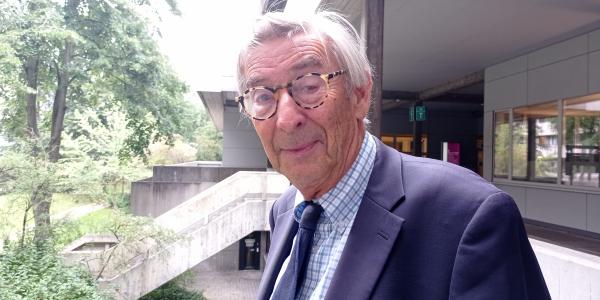
This year, we are once again appealing to your generosity. Take part in the great 1+1 action, for which the UCLouvain is committed to doubling every euro* you donate to prevent diabetes.
Today, you can make a difference with Louvain Coopération and the UCLouvain.
* Doubled by the UCLouvain up to 35.000 euros. Your donation has twice the impact!
You can also make a transfer directly from your bank account:
BE28 7323 3319 1920
Communication : 1+1 2021
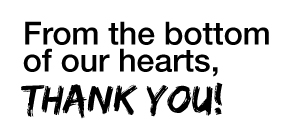
According to the International Diabetes Federation, la Fondation Internationale du Diabète, one in two people in the world lives with diabetes without knowing it, but the number is highest in low-income countries, reaching 66% of the population.
For patients who are unaware of their condition, this situation leads to complications that are all the more serious because they do not have access to health systems that can properly manage these pathologies.

The World Health Organisation (WHO) estimates that 41 million people in Africa will develop diabetes by 2045, an increase of 143% compared to today.
This is due to a multitude of factors, including limited access to health care, inadequate training of health care professionals, and lack of awareness of potential symptoms among the general population.
If left undiagnosed, type 2 diabetes* can lead to serious complications.
*The most common form of diabetes. The affected patient develops insulin resistance, which makes it impossible to regulate the blood sugar level properly. In addition to hyperglycaemia, this form of diabetes is asymptomatic and more often affects elderly and overweight patients.
The risk of cardiovascular problems is doubled or tripled. The disease can also lead to limb amputation, blindness and in extreme cases, death. The majority of diabetes-related deaths occur in low- and middle-income countries where the rate of diagnosis is lowest.
Diabetes has become a major public health problem in both the North and the South. Early diagnosis is crucial because it can greatly reduce complications and the costs of managing them.
On en parle avec :
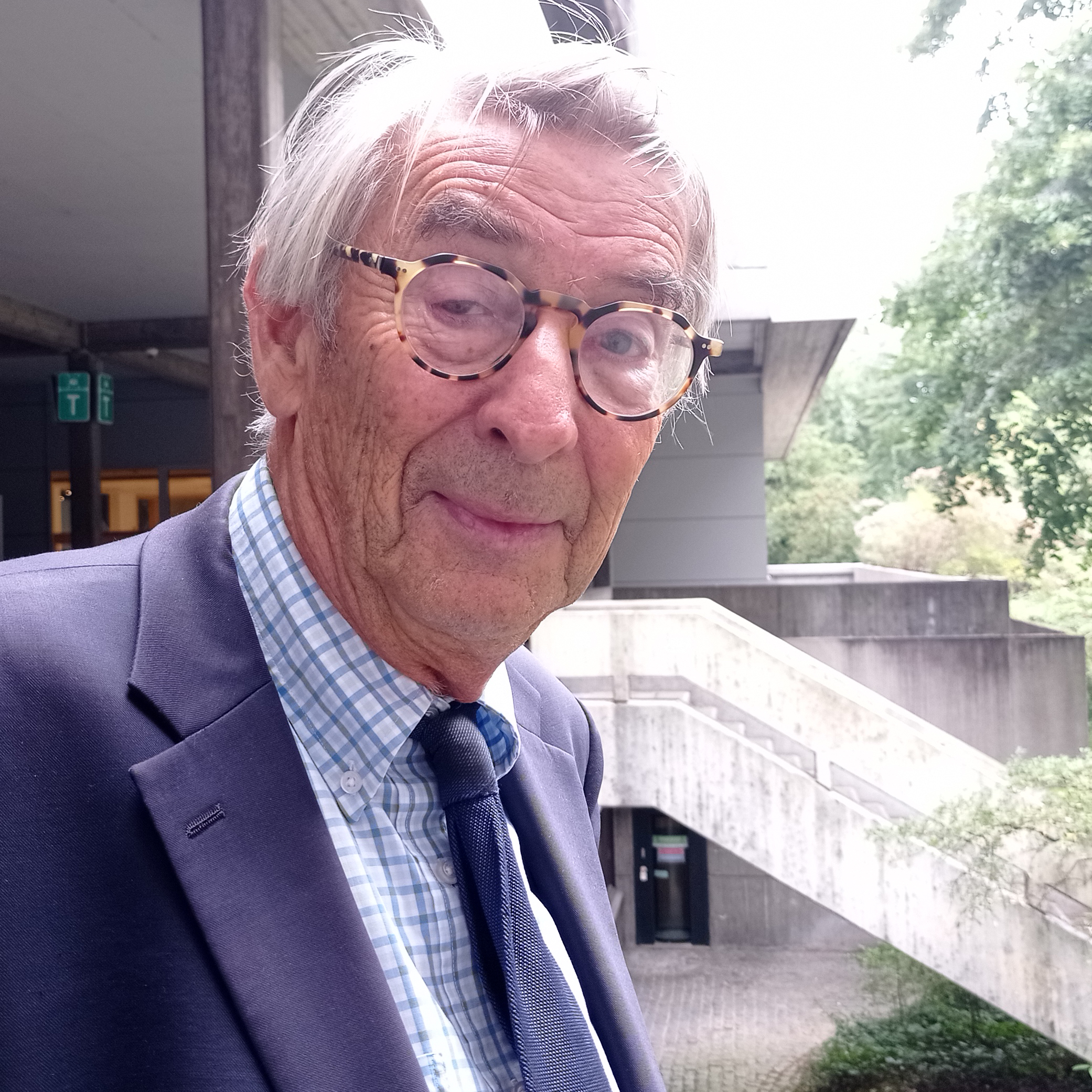 Professeur émérite (UCLouvain), professeur d’endocrinologie et ancien président (jusqu’en 2020) de l’association belge du diabète, Martin Buysschaert nous livre son point de vue sur l’importance de prévenir et diagnostiquer le diabète.
Professeur émérite (UCLouvain), professeur d’endocrinologie et ancien président (jusqu’en 2020) de l’association belge du diabète, Martin Buysschaert nous livre son point de vue sur l’importance de prévenir et diagnostiquer le diabète.
Faced with this phenomenon, with the support of its partners, Louvain Coopération acts at different levels:
- We train health care staff on diabetes.
- We screen and raise awareness for a healthier diet.
- We form discussion groups for patients.
- We provide medical and non-medical equipment.
- We organise medical and psychological follow-ups.
- We run awareness campaigns in the local media.
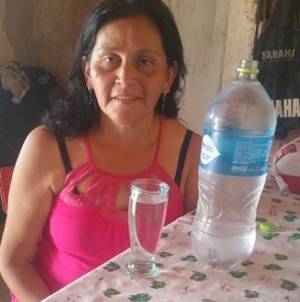
Dona Amanda defines herself above all as a strong woman who has dedicated her life to her family. She comes from a middle class background and considers herself to be a fairly jovial person. She has been suffering from type 2 diabetes for 10 years. Since participating in the project, she says she has learned a lot about nutrition and healthy living.
"Thanks to the support programme, I realised that it's not a question of not eating any more, but of knowing how to eat healthier. You need to have discipline in terms of timing, portions and of course the types of food. The sessions are very much appreciated because it's where we get information and support. We don't feel alone, which helps us to stay active and positive."

